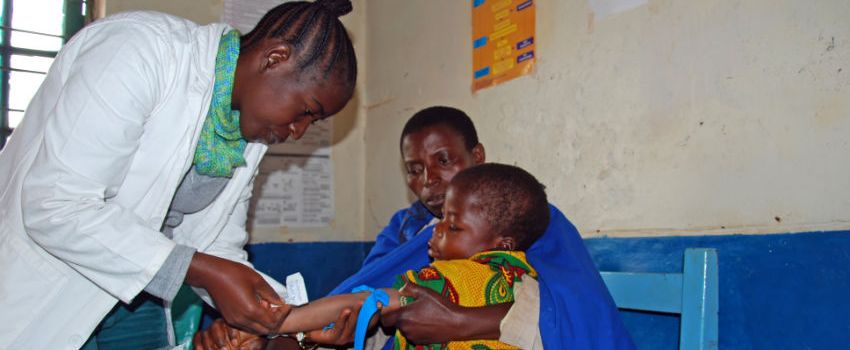
Oxfam is concerned that there could be a resurgence in the world’s worst outbreak of cholera with aid agencies unable to reach approximately 40,000 people believed to be affected by the disease. Conflict and constraints placed on agencies seeking access such as check points and permits that warring parties have imposed have made it next to impossible to reach areas that have been affected. The arrival of the rainy season will mean the disease will spread as a result of flooding and contaminated water.
Worst outbreak on human history
During the final couple of weeks of March roughly 2,500 cases of cholera were being reported daily up from about 1,000 in the previous month. That is a 1,000 per cent increase from the same time period in the previous year. Since the outbreak began three years ago, more than 3,000 people have died. When the cholera epidemic reached its height a year later, 7,000 new cases were being reported daily and the outbreak was described by the WHO as the worst in human history.
Unnecessary deaths
Oxfam’s representative in Yemen says the people of the country have already endured the outbreak of this disease set against the back drop of a four-year-old conflict and the collapse of Yemen’s economy. Oxfam says this disease shouldn’t spread throughout the country again and continue to cause more unnecessary deaths. The organisation says the international community should ensure that agencies get safe and unfettered access to deliver humanitarian aid to people throughout the country.
Aid agencies cannot reach people
So far this year an estimated 195,000 people are believed to have contracted cholera and of them, 38,000 are in locations that aid agencies have difficulties reaching. Oxfam has been forced to relocate one of its provincial offices after the fighting reached the outskirts of the city it was located in. The office was being used to deliver clean water and money to buy food for more than half a million people living in the surrounding districts.
The fighting continues
The fighting continues across multiple fronts throughout the country including three governates where the majority of the deaths associated with the disease have been reported. The conflict and restricted access means 14 million people in Yemen face the prospect of famine with more than half of all children in the country aged between six months and five years chronically malnourished. In Yemen, less than half of the health care facilities are functional and many people cannot afford to pay for treatment Oxfam and its partners on the ground are working hard to prevent the spread of cholera in the three governates where the disease in most widespread.





